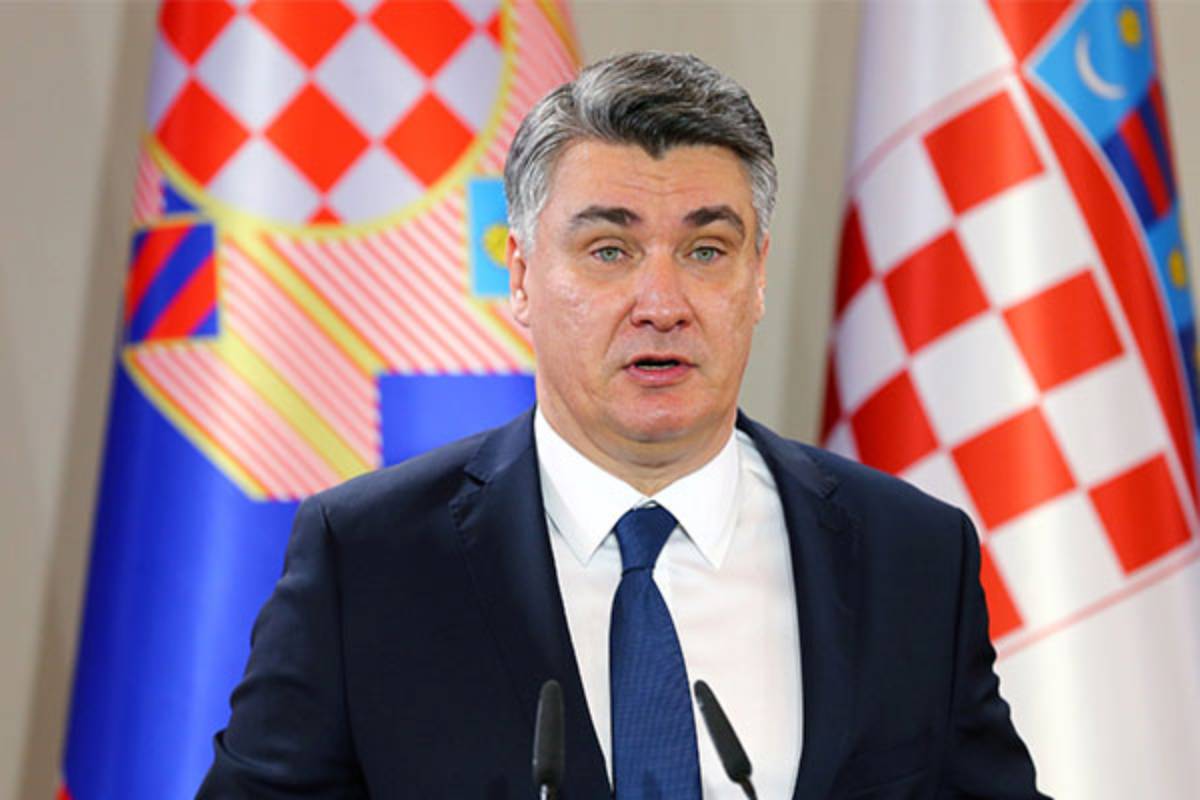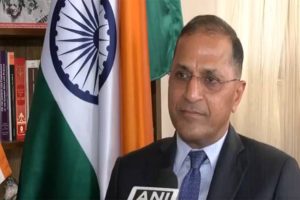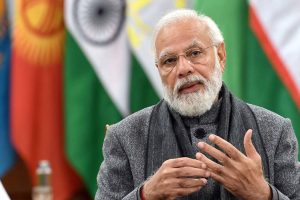Croatia’s incumbent president, Zoran Milanović, has secured a second term in office, winning a landslide victory in Sunday’s runoff election. According to near-complete official results reported by Euronews, Milanović garnered 74.6% of the vote, decisively defeating his challenger, Dragan Primorac, a candidate from the ruling conservative HDZ party, who received 25.3%.
The Croatian state election authorities announced the results after counting more than 99% of the ballots.
At 58 years old, Milanović is a prominent yet polarizing figure in Croatia’s political landscape. Known for his outspoken criticism of the European Union and NATO, Milanović has frequently voiced his opposition to Western military support for Ukraine. His confrontational style has drawn comparisons to US President-elect Donald Trump, particularly for his sharp rhetoric toward political adversaries, Euronews reported.
In his victory speech, Milanović renewed his criticism of the EU, describing it as “non-democratic in many ways” and controlled by unelected officials. He condemned the EU’s handling of dissenting opinions, labeling it a form of “mental violence.”
“That’s not the modern Europe I want to live and work in,” Milanović declared, vowing to push for changes in the EU’s approach, as quoted by Euronews.
Milanović’s re-election sets the stage for continued tensions with Croatia’s Prime Minister, Andrej Plenković, with whom he has had a contentious relationship throughout his first term. The two leaders have frequently clashed over domestic and foreign policy issues, signaling potential political turbulence in the years ahead.
Despite the largely ceremonial nature of Croatia’s presidency, the role carries significant symbolic weight and includes powers such as serving as the supreme commander of the military. The prime minister, however, represents Croatia on the European Council and in Brussels.
Milanović’s victory makes him only the third Croatian president to win a second term, joining former presidents Franjo Tuđman and Stjepan Mesić. His re-election reflects widespread support among voters, despite his critical stance on Western institutions and polarizing political style.
The win cements Milanović’s position as a key player in Croatia’s political arena and raises questions about how his leadership will shape the country’s domestic policies and relationship with the European Union during his second term.





